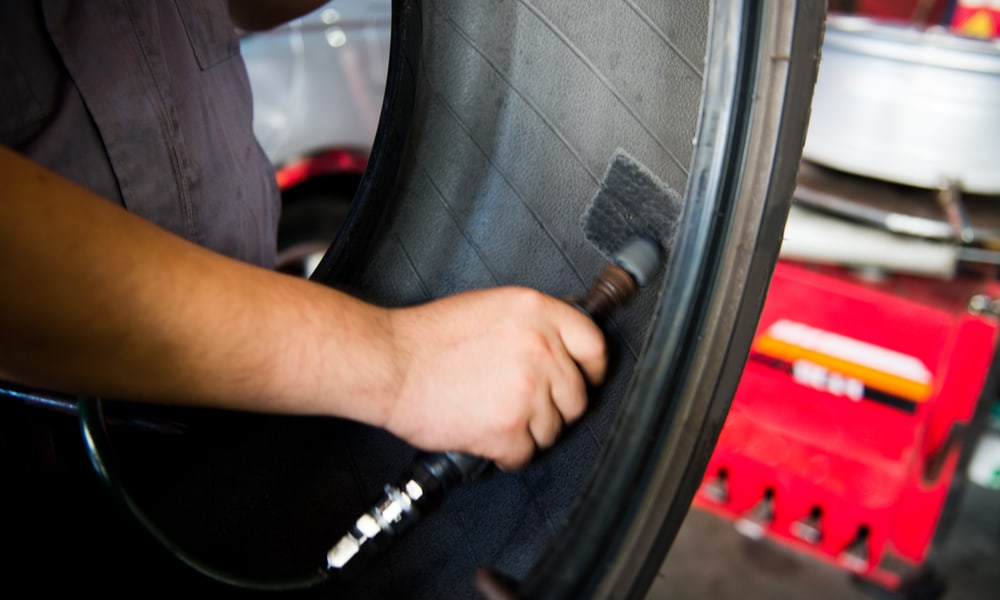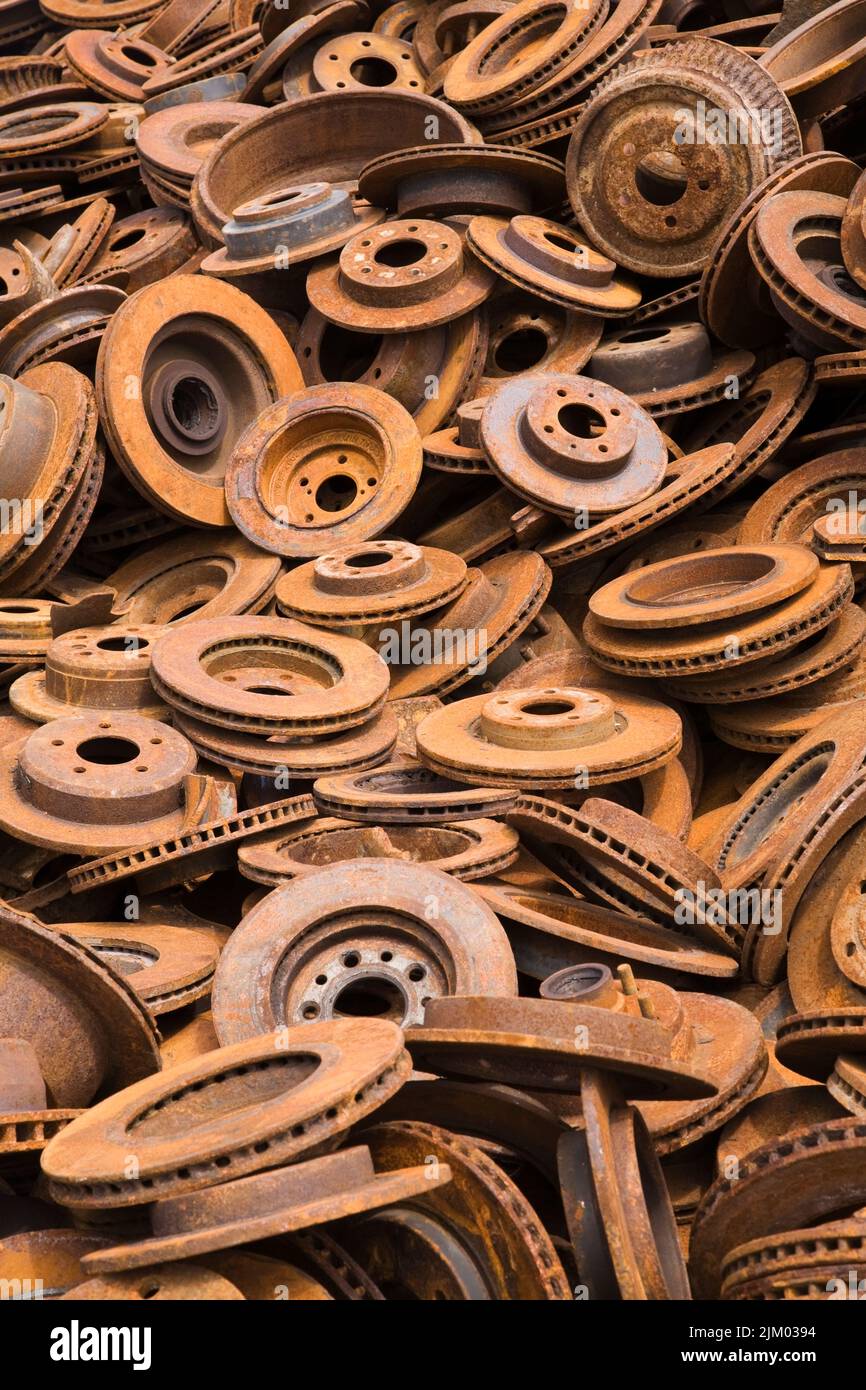Get relevant information about How Long Can You Drive With Metal On Metal Brakes in this article, hopefully helping you in your information search.

How Long Can You Drive With Metal on Metal Brakes?
Driving with metal on metal brakes is a situation that no driver wants to find themselves in. The screeching noise and grinding sensation can be alarming, and it’s a sure sign that something is seriously wrong with your brakes. But how long can you actually drive with metal on metal brakes before you risk causing serious damage to your car or, more importantly, getting into an accident?
The answer to this question depends on a number of factors, including the severity of the damage to your brakes, the type of driving you’re doing, and how well you take care of your car. In general, however, it’s best to avoid driving with metal on metal brakes for any longer than necessary.
What Causes Metal on Metal Brakes?
Metal on metal brakes occur when the brake pads have worn down to the point where they are no longer able to create friction with the rotors. This can happen for a number of reasons, including:
- Worn brake pads: Brake pads are designed to wear down over time, but if they are not replaced when they become too thin, they can eventually wear down to the metal backing plate.
- Damaged brake pads: Brake pads can also be damaged by heat, contamination, or other factors. This can cause them to crack or break, which can lead to metal on metal contact.
- Worn rotors: The rotors are the discs that the brake pads press against to slow down the car. If the rotors are worn or damaged, they can cause the brake pads to wear down prematurely.
Whatever the cause, metal on metal brakes are a serious problem. The grinding noise is not only annoying, but it can also damage the rotors and other brake components. In addition, metal on metal brakes can reduce your braking power, which can lead to an accident.
How Long Can You Drive With Metal on Metal Brakes?
The answer to this question depends on a number of factors, including the severity of the damage to your brakes, the type of driving you’re doing, and how well you take care of your car.
If the damage to your brakes is minor, you may be able to drive for a short distance without causing any serious damage. However, it’s important to avoid driving for any longer than necessary, as this can cause the rotors to warp or crack.
If the damage to your brakes is more severe, you should not drive the car at all. Metal on metal brakes can reduce your braking power by up to 50%, which can make it difficult to stop in an emergency. In addition, driving with metal on metal brakes can damage the rotors and other brake components, which can lead to costly repairs.
If you’re not sure whether or not the damage to your brakes is severe, it’s best to err on the side of caution and have them inspected by a mechanic.
What Should You Do If You Have Metal on Metal Brakes?
If you hear the screeching noise of metal on metal brakes, it’s important to take action immediately. Here are a few things you should do:
- Pull over to a safe location as soon as possible.
- Turn off the engine and put the car in park.
- Get out of the car and inspect the brakes.
- If the damage is minor, you may be able to drive the car a short distance to a repair shop.
- If the damage is more severe, you should call a tow truck.
It’s important to remember that driving with metal on metal brakes is a serious safety hazard. If you ignore the problem, you could end up causing serious damage to your car or, more importantly, getting into an accident.
How Can You Prevent Metal on Metal Brakes?
The best way to prevent metal on metal brakes is to have your brakes inspected regularly by a mechanic. A mechanic can check the thickness of the brake pads and rotors and make sure that all of the brake components are in good working order.
In addition to regular inspections, there are a few other things you can do to help prevent metal on metal brakes, including:
- Avoid hard braking. Hard braking can wear down the brake pads and rotors prematurely.
- Drive smoothly. Smooth driving can help to extend the life of your brakes.
- Get your brakes serviced regularly. Regular brake service can help to keep your brakes in good working order and prevent problems from developing.
Conclusion
Metal on metal brakes are a serious problem that can lead to costly repairs or even an accident. If you hear the screeching noise of metal on metal brakes, it’s important to take action immediately. Pull over to a safe location, turn off the engine, and inspect the brakes. If the damage is minor, you may be able to drive the car a short distance to a repair shop. If the damage is more severe, you should call a tow truck.
The best way to prevent metal on metal brakes is to have your brakes inspected regularly by a mechanic. A mechanic can check the thickness of the brake pads and rotors and make sure that all of the brake components are in good working order.
Are you interested in knowing more? You can always visit our website for more information!

Image: www.alamy.com
How Long Can You Drive With Metal On Metal Brakes has been read by you on our site. Thank you for your visit, and we hope this article is beneficial for you.